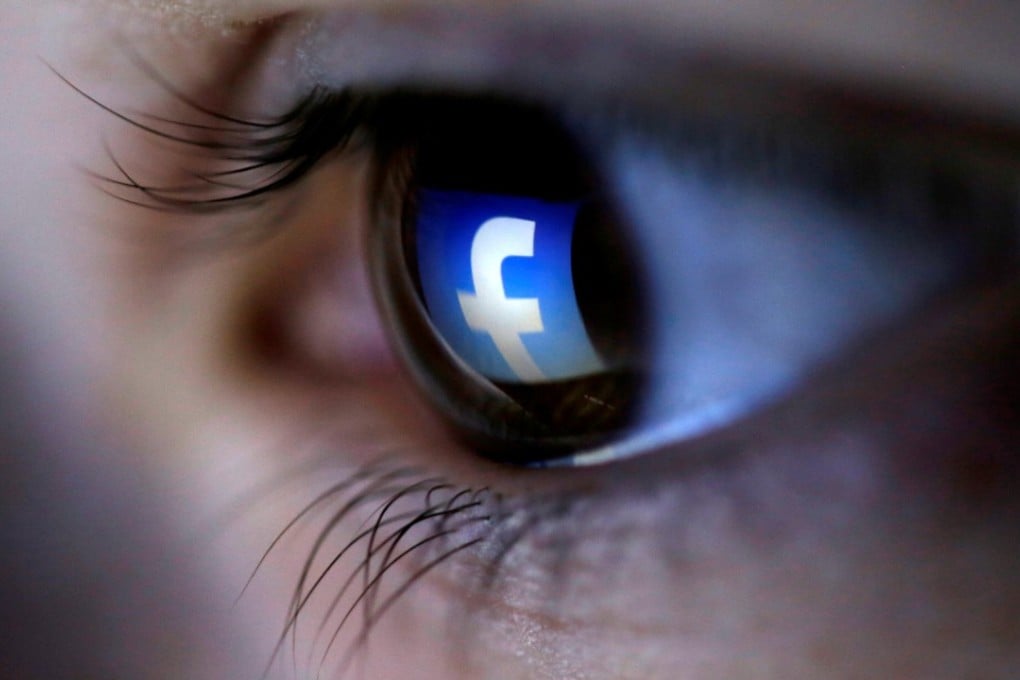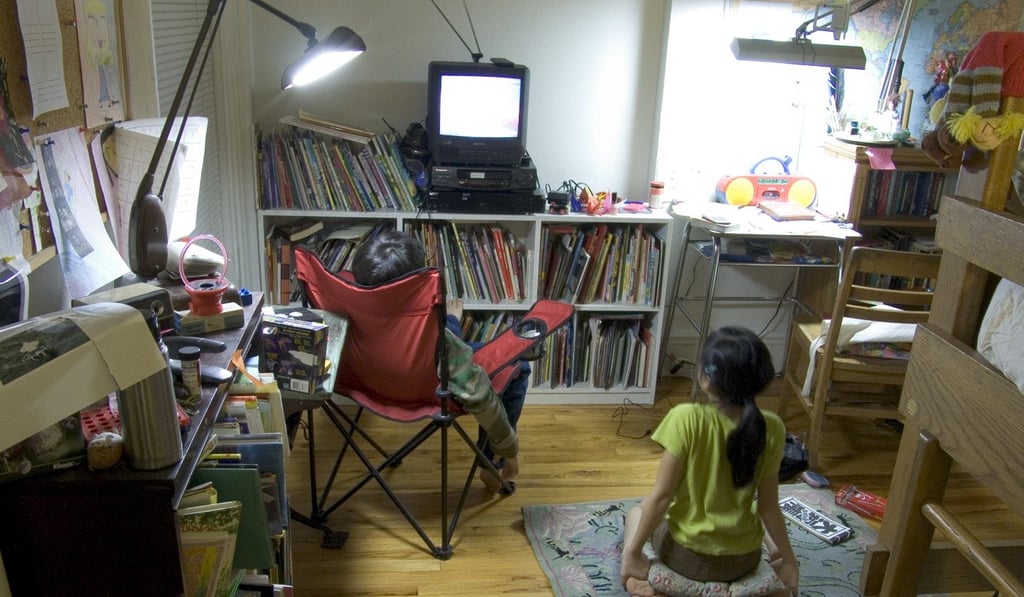Blowing Water | Why privacy is an alien concept in Chinese culture
While people in the West go to great lengths to respect individualism, Luisa Tam’s personal experience tells her other values matter more to Chinese

Views on privacy differ wildly between Chinese and Western cultures. People in the West place considerable emphasis on privacy and often go to great lengths to defend it because they cherish and respect individualism. But when you talk about privacy to Chinese, a common reaction you get is: “What privacy?”

In my traditional Taiwanese Chinese family, privacy was an alien concept. Whenever I wanted to have some time alone and close my bedroom door, my family would ask: “Why do you want to shut the door? Do you have something to hide?”
When I became a teenager the only times I was allowed to have my bedroom door shut (but not locked) was when I changed my clothes or went to bed.
At least 2 million internet users in Hong Kong were hit by cybercrime in a 12-month period, survey says
Growing up in a Chinese family that had no concept of allowing children any private time or space was like being the protagonist in the 1998 American satirical film, The Truman Show, who was watched by the world 24/7. Every action taken by the central character, Truman Burbank, was documented in a television show revolving around his life, and luckily for him, he managed to escape and explore the real world outside.
